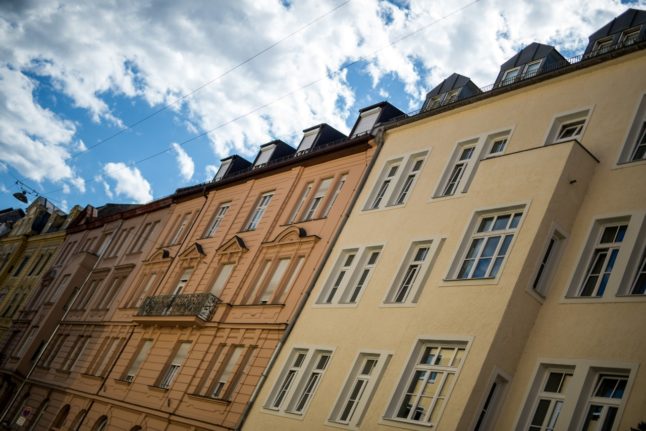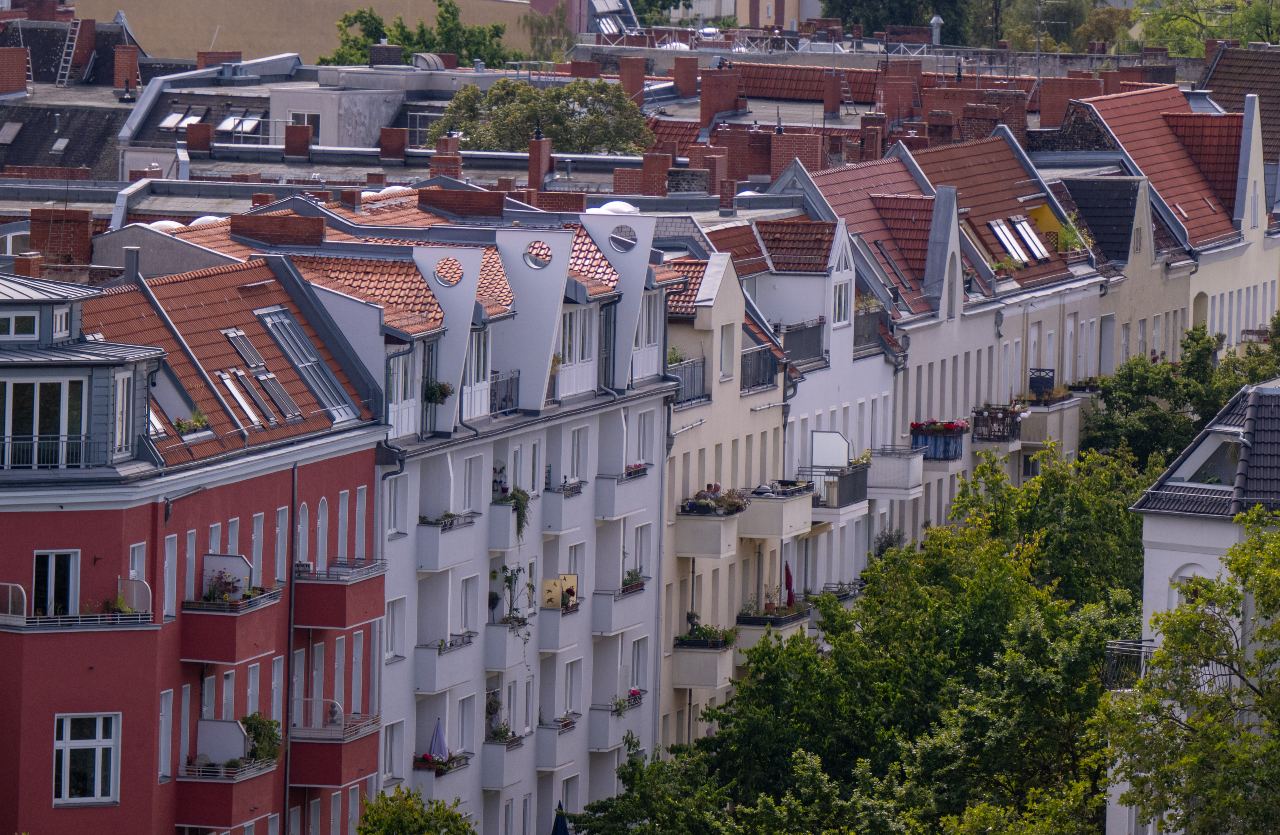But now the federal government has recognized the problem and has called a housing summit.
At the residential summit happening this Friday in Berlin, different housing and building organizations will join politicians to discuss these problems together. On Thursday a meeting is also taking place between trade unions, social associations and tenants’ federations.
Why is it so difficult in the housing market?
It’s hard because there is a huge regional demand – and not just in metropolitan areas. Living space is now lacking in one-third of all German districts and cities, according to the evaluation institute Prognos which carried out an investigation in June 2017.
Due to that, the situation in 138 of 402 German cities and districts is problematic. The housing market in Berlin, Düsseldorf, Frankfurt am Main, Hamburg, Cologne, Munich and Stuttgart is particularly tense.
The bottom line, and perhaps surprisingly, is that there are even more apartments than a few years ago: in 2010, there were 495 apartments per 1,000 inhabitants, while last year there were 12 apartments more.
At the same time, the apartments are getting bigger: the average area per person has increased by 1.5 square meters in seven years. Although it should be noted that many people, especially in cities, are having to accept smaller apartments due to costs.
How are rents in Germany developing?
They are only going in one direction and that is up: In 2017, rents for new contracts rose by 4.5 percent compared to the same period in the previous year. The price increase slowed slightly compared to 2016 (from 4.9 percent).
On average, tenants paid €7.99 per square meter, according to the Federal Institute for Building, Urban and Spatial Research (BSSR). However, it was not the hard-to-find actual rental prices that were evaluated, but asking rents, for example the prices landlords require for advertisements.

Construction work on housing in Hamburg. Photo: DPA
Where is the situation particularly bad?
The most expensive apartments were advertised in Munich, with an average of €16.65 per square meter. It was followed in second place by Frankfurt am Main (€13.09) and Stuttgart (€12.62).
If you are looking for a cheap apartment, you have to move into the country: in the regions of Wunsiedel (Bavaria), Vogtlandkreis (Saxony), Holzminden and Lüchow-Dannenberg (Lower Saxony), apartments were offered for less than €4.50 per square meter.

View of housing in Berlin. Photo: DPA
And do people go to the countryside?
It seems people would like to. “If the Germans had a choice regardless of their financial situation, they would most like to live in a small rural community,” notes the Federal Foundation for Building Culture in a study published at the end of 2016.
However, very few people follow the call of the country. Above all, “artists, designers and cultural workers” deliberately opted for a move. On a large scale, people do not move to the countryside.
According to an evaluation by the BBSR, between 2010 and 2016 large cities and their surrounding areas grew. In contrast, sparsely populated districts away from metropolitan areas lost inhabitants.
What is the Federal Government doing to alleviate the housing shortage?
There is a whole range of projects: The Baukindergeld is intended to make it easier for families with one or more children in the household to build their first new home or buy real estate. Through the programme, families can receive a subsidy of €12 per child per year over ten years.
The brake on rental prices prohibits landlords from re-letting a property at more than ten percent above the local comparable rental demand. The SPD wants to go further and says that existing rents should only be allowed to rise for a period of five years in parallel with inflation.
An extra tax bonus should lead investors to build affordable housing. In addition, two billion euros in federal funds for social housing are planned. The CDU/CSU and SPD have set a target of 1.5 million new homes in the next few years.
Does that help?
Trade unions, social organizations and tenants' association say “that the federal government is unwilling or unable to seriously redirect and make a policy for tenants and apartment seekers”.
The alliance behind the Alternative Residential Summit which is taking place this Thursday in Berlin says there is a housing crisis in Germany. Under the banner and hashtag 'Mietenwahnsinn' – rent madness – they are calling for, among other things, sharper brakes put on rental prices and to lower regular rent increases “drastically”.
They also want to “stop forced evictions” and improve the protection of residents against evictions. The group is also demanding regulated land prices and land use, and that public land should no longer simply be sold to the highest bidder.

Scaffolding on an apartment building in Prenzlauer Berg, Berlin. Photo: DPA
What does the industry say?
Associations often criticize that many incentives for the construction industry are only planned for a few years and not in the long term. It's too early to tell if a a serious increase in investment will take place.
“Increasing land prices and tax rates, strict usage requirements, lengthy planning permission and planning procedures are the big enemy of affordable new building,” says Andreas Mattner, president of the Central Real Estate Committee. The association calls for simplified construction law, with type approvals for houses at the federal level and tax relief.
Should you be buying an apartment or a house now?
Anyone taking out a loan can benefit from favourable interest rates. On the other hand, there is a strong demand for apartments, which drives up prices.
In the end, buying a property depends above all on personal factors. Buyers should divide the purchase price by the annual ‘cold rent’ (without bills added on) and calculate how many years the purchase pays off.
Buying can be better than renting, says Jörg Sahr, editor of the journal Finanztest. That's provided that buyers bring to their project at least 20 percent equity, and pay back their loan over 30 years with more than two percent, he says.
SEE ALSO: Renting in Germany – what you need to know
See ALSO: Where in Germany it now pays to buy a home instead of renting
A potential risk factor: at the moment, loans are cheap, but usually buyers rarely finance the entire price of a single loan. In the case of a follow-up loan, higher interest rates could be due in the future. Consumer advocates therefore recommend loans with a long-term fixed interest rate.

'Affordable rent instead of fat returns'. A demonstration against rising rents in Berlin. Photo: DPA
Who actually rents apartments in Germany?
At the end of last year, there were just under 42 million homes in Germany according to the Federal Statistical Office. There are no details on how these are used exactly.
However, certain indications are provided in surveys by the Federal Office from 2014, when there were just under three million fewer apartments. At that time, about 42 percent of the apartments in residential buildings were occupied by the owners, 50 percent were rented, and the rest were uninhabited at the time of the survey.




 Please whitelist us to continue reading.
Please whitelist us to continue reading.
Member comments